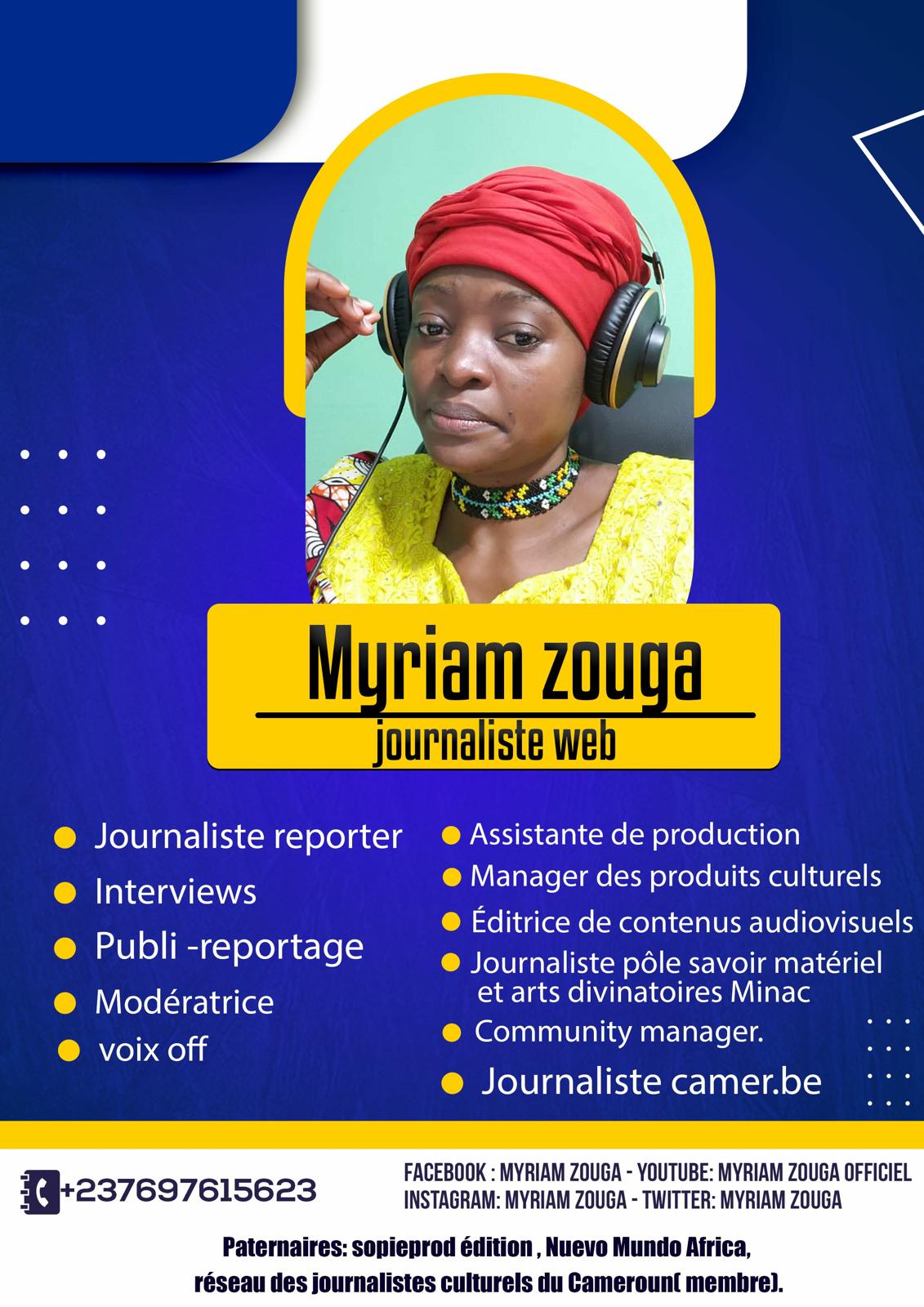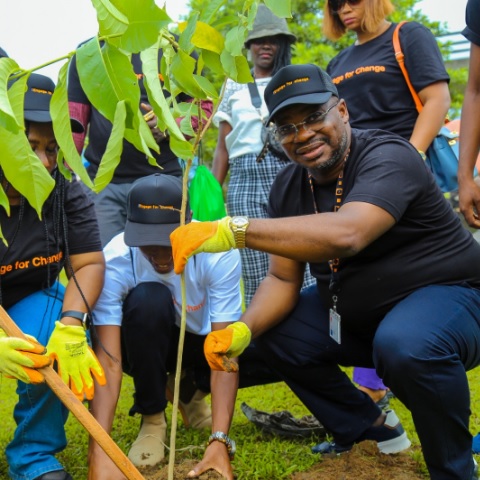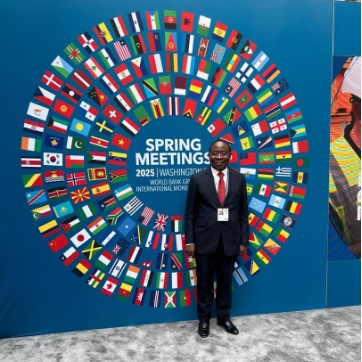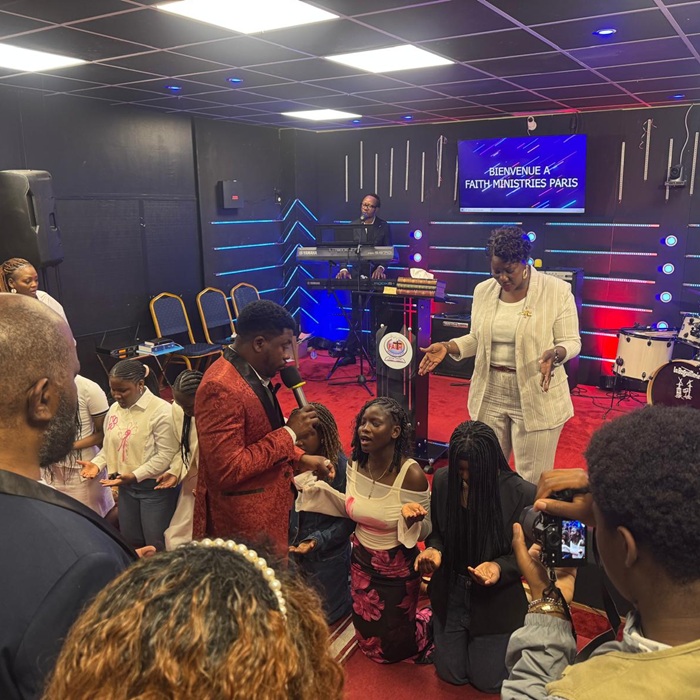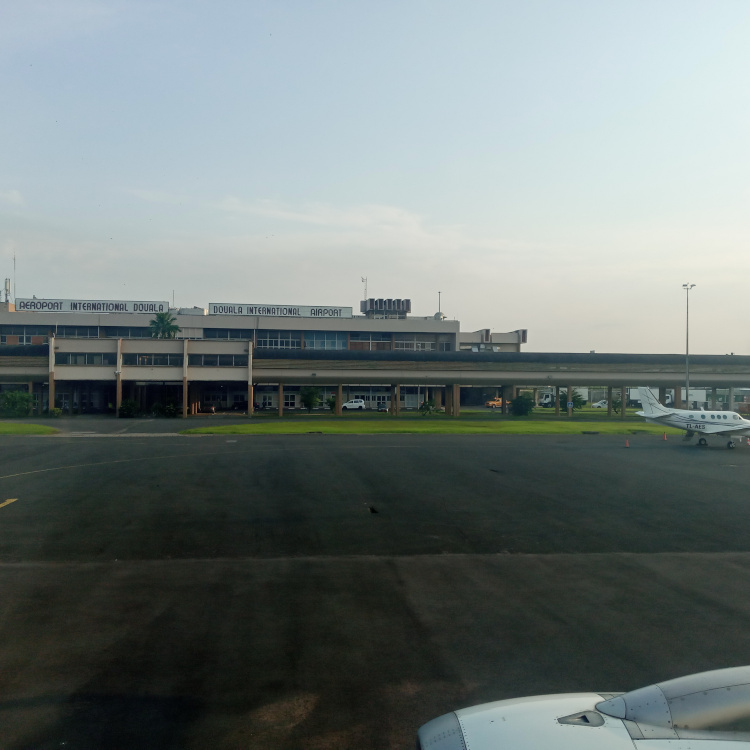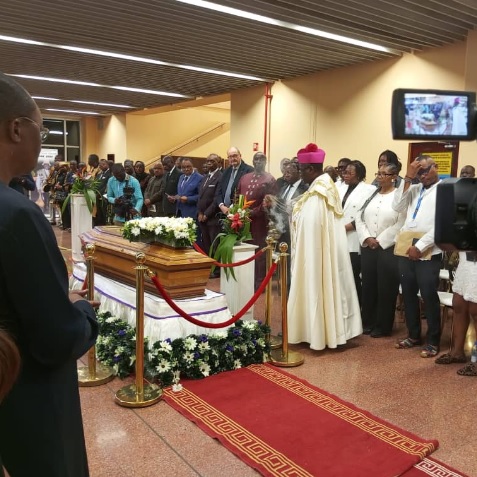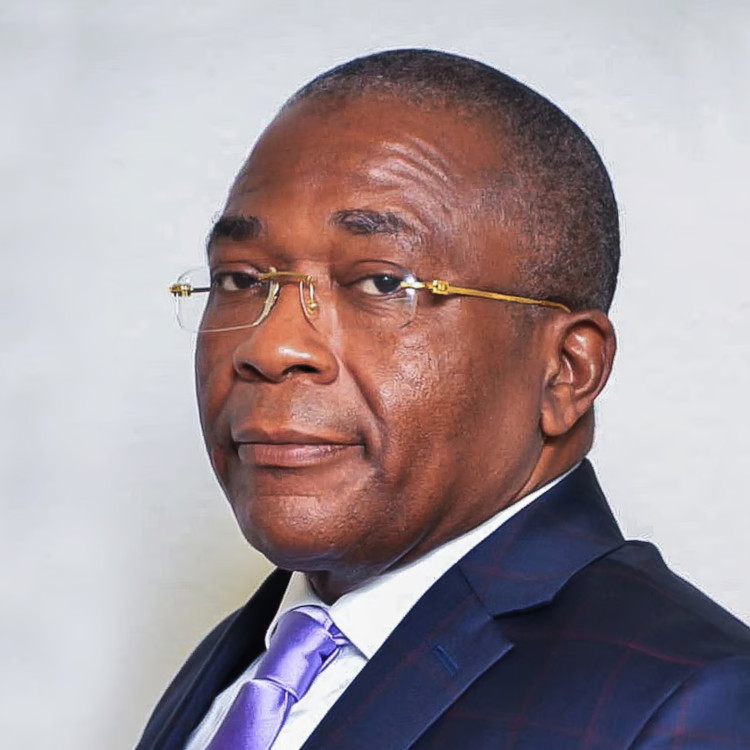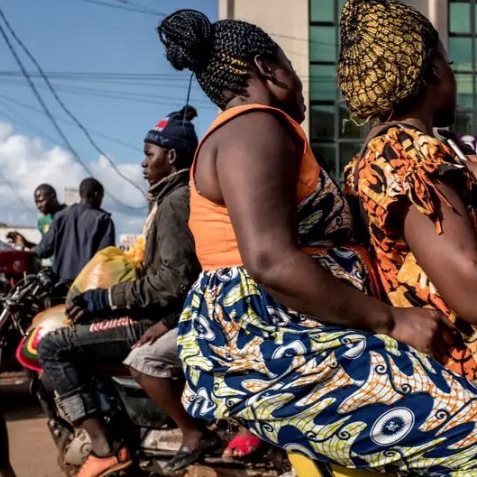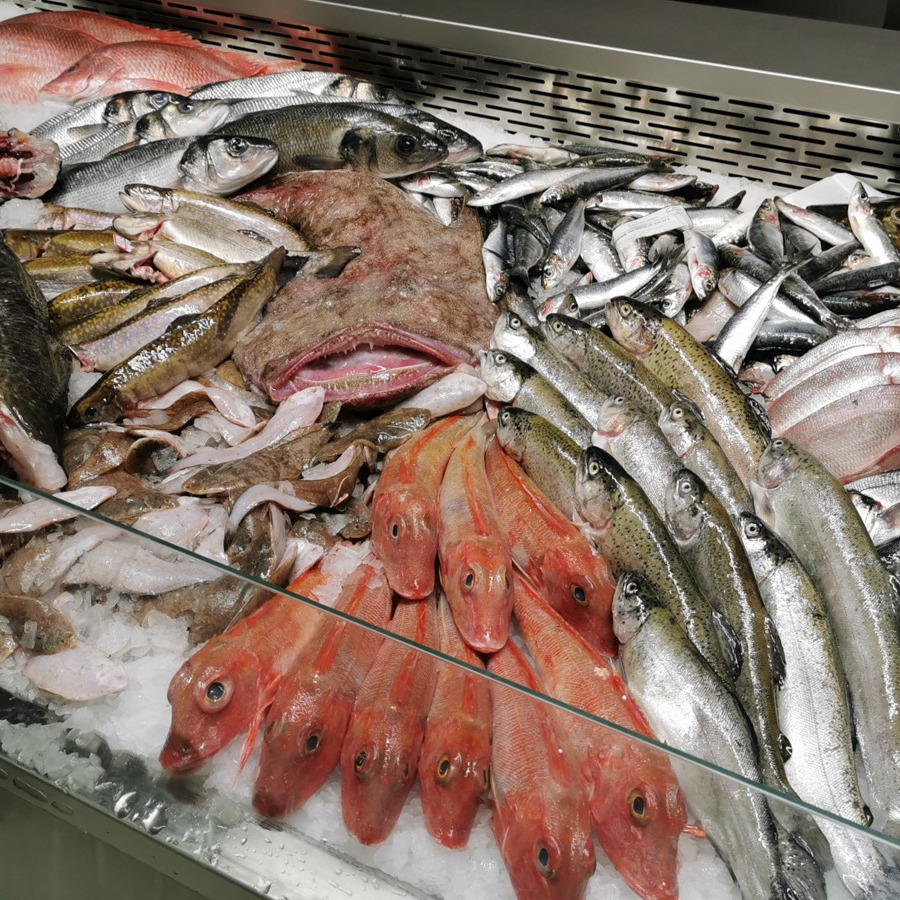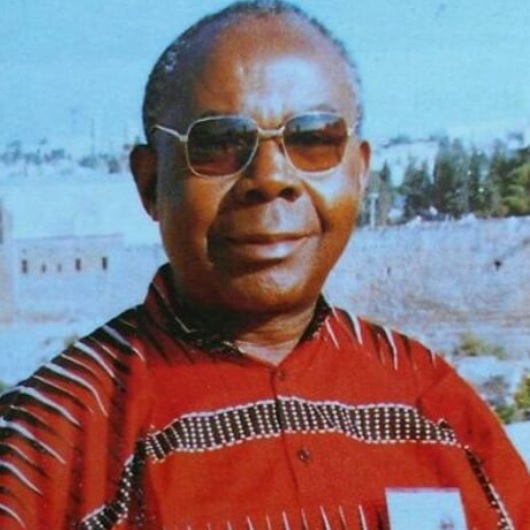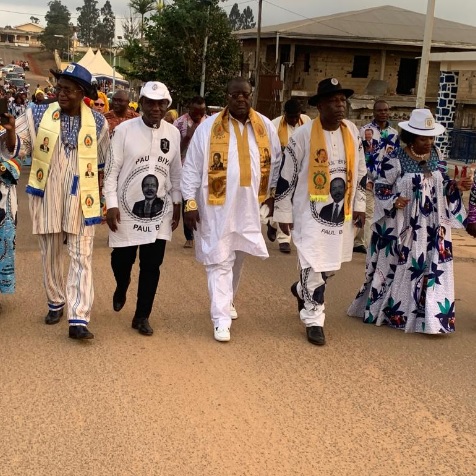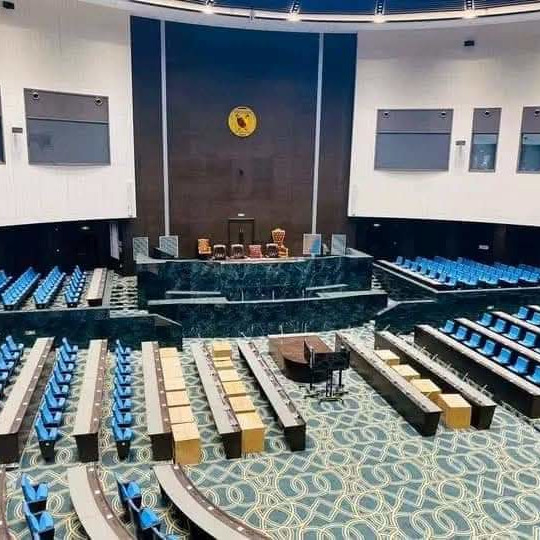

-
© Correspondance : Nsom Joseph
- 06 Feb 2015 14:49:56
- |
- 41695
- |
CAMEROUN :: CAMEROON : A FRANCOPHONE BILINGUAL COUNTRY
Cameroon is a Central African Country bounded by Nigeria, Chad, Central African Republic, Gabon, Equatorial Guinea, Congo Brazzaville, and the golf of Guinea. In 1884, Germany colonized Cameroon with initial capital in Buea, which was later transferred to Yaoundé. Following the defeat of Germany in the First World War by 1916, the Cameroon territory was placed under the custody of the Community of Nations. From 1919, the entire territory of Cameroon was shared between France and Great Britain. About eighty percent of the territory was handed over to France and the rest to Great Britain. Britain decided to administer her portion through Nigeria.
The territory under French administration (East Cameroon) was granted independence on 1st January 1960, while the portion under British rule (West Cameroon) remained in Nigeria until 1st October 1961, when they joined East Cameroon, through a referendum and thus leading to the birth of the Federal Republic of Cameroon. Consequently, from 1961, Cameroon acquired the status of a bilingual country with French and English as the official languages.
On 20th May 1972, Cameroon, through a referendum, changed its name from “Federal Republic of Cameroon” to “United Republic of Cameroon”. In 1984, the name of Cameroon was changed to “Republic of Cameroon” through an ordinary presidential decree. Today, the Republic of Cameroon is thus described as a “bilingual country” with English and French as the official languages.
1) Introduction
Bilingualism is a sociolinguistic phenomenon that is given special importance in some societies. Bilingualism refers to the ability of an individual or the citizens of a given nation to use two languages effectively. Somehow, people tend to use the term “bilingualism” in different ways. For some, it means an equal ability to communicate in two languages. For others, it simply means the ability to communicate in two languages, but with greater skills in one language. In fact, it may be more common for bilingual people, even those who have been bilingual since birth, to be somewhat "more effective" in one language.
If we go by this definition, it would appear that most Cameroonians are bilingual. Majority speak the mother tongue and at least one of the official languages, English or French. But in Cameroon, bilingualism is qualified more as “official bilingualism” which implies a functional competence in the official languages- English and French. It is the ability to read, write, speak, listen, and think in English and French. Official bilingualism is the focus of this article.
2) Official Bilingualism as a Language Policy
Cameroon has more than two hundred and fifty languages, alongside the two official languages English and French. There is no language policy in Cameroon with respect to the national languages. From government’s point of view, language policy is limited to the use of English and French within government domains and formal transactions within private sector domains (Ayafor, 2005:126).
Bilingualism in Cameroon has its force from the various declarations and texts coming from state institutions. Bilingualism is enshrined in the Cameroon Constitution since 1961, when English and French were recognised as official languages. The 1996 constitution is abundantly clear in this regard:
The official languages of the Republic of Cameroon shall be English and French, both languages having the same status. The State shall guarantee the promotion of bilingualism throughout the country. It shall endeavour to protect and promote national languages.
The President of the Republic has on several occasions, issued instructions to state officials clearly indicating that official communication texts must be prepared, signed and published in both French and English. But most of the texts that the president signs himself are often in French. The constitution of Cameroon states- The State shall guarantee the promotion of bilingualism throughout the country. It does not say anything about its implementation and enforcement throughout the country. Saidou Nchouat Soule highlights this situation:
The constitution talks of the promotion of bilingualism, but it is very silent on its practice and implementation. There is not even one institution in charge of ensuring the implementation of bilingualism in Cameroon. For Cameroon to be a truly bilingual country, practicing official French/English - English/French bilingualism, there must exist a legal framework within which to function; what must be done, what must not be done, what constitutes a breach of language rights, who to meet in order to seek redress, and most of all what punishment awaits defaulters. If Cameroon is a state of law, it is not only because laws exist but also because such laws could be enforced.
But to what extent does official bilingualism go in Cameroon? There is a common adage among francophones that “C’est le Cameroun qui est bilinque, pas les Camerounais” meaning “it is Cameroon which is bilingual, not Cameroonians”. In other words, outside of political and government circles, the so-called “official bilingualism” in its current definition appears meaningless, unpopular, and misleading (Ayafor, 2005:130). It is somehow difficult to say whether there is some sort of political will in the direction of an effective bilingual Cameroon. Since independence, the same speeches and scenarios tend to give bilingualism a survival status in Cameroon, not more not less. What then nurtures and sustains this phenomenon in Cameroon?
3) Motives behind Official Bilingualism in Cameroon
We can identify at least three motives which together tend to nurture and sustain the phenomenon of bilingualism in Cameroon. These are political, socio-cultural, and linguistic motives:
At the political level, the phenomenon of bilingualism is seen as a strategy to hold political and social integration intact. Bilingualism is conceived as a force that ties the Cameroon national territory together, especially with respect to the union between the English and French-speaking regions. At this level, the phenomenon of bilingualism is felt mainly from the actions and expressions of politicians than from the language itself. They go about with expressions such as: “Bilingualism-the pride and symbol of our national unity and cultural diversity”. Persons, especially those in administrative or managerial positions are obliged to respect this tradition. A tradition which should give the impression that Cameroon is a bilingual country. Any form of threat to this order could be interpreted and treated as a direct menace to national unity, and the culprit could face severe sanctions.
At the socio-cultural level, attempts are made to maintain and respect the distinctive cultures and traditions of the francophones and Anglophones. Here we are thinking of the different educational and judicial systems of francophones and Anglophones. Attempts are made to maintain the values of each system (French and Anglo-Saxon) systems of education as well as the (common law and civil law). There is the projection and promotion of dressing styles and dishes from various regions of Cameroon.
At the linguistic level, official bilingualism refers to the maintenance and promotion of English and French in the public sector as well as in the formal domains of the private sector. Thus, linguistic bilingualism involves the practical use of English and French in documentation, decrees, Ministerial circulars, notices, signposts, road signs, national journal, and so on. Individuals are free to communicate in English or in French. The teaching of English and French begins as early as in the primary school and continues till the tertiary level. Some language centers (Pilot Linguistic Centres) are created all over the national territory to take care of some specific needs of individual bilingualism.
Since 1961, government’s attitude towards bilingualism has been, and continues to be determined largely by its political orientations rather than by the development, elaboration and implementation of a bilingual language policy needed for effective communication in Cameroon and abroad.
4) Implementation of Bilingualism in Cameroon
What is the situation of bilingualism in Cameroon today? Can we actually call Cameroon a bilingual country (English and French) as is the case in Canada? We shall attempt providing answers to these questions as we explore the implementation phase of bilingualism in the areas of- bilingual education, Public administration, and tertiary education.
4.1 Implementation at the level of training
Bilingual education started in Cameroon with the creation of the “Federal Bilingual Grammar School” Molyko, Buea in 1962 immediately after reunification in 1961. Many of such schools exist in Cameroon today. Bilingual training today commences from Nursery School to the tertiary level of education both in the public and private sectors of education. It is a liberal policy of individual bilingualism promoted by both the private and public sectors in Cameroon. Children are thus given the opportunity to master both French and English within their educational career. They are thus prepared in a way to face the challenges of official bilingualism in the Cameroon society as well as in the international community.
4.2 Implementation in Public Sector Administration
By public administration we mean the central government, municipalities and state enterprises. In the public sector the French language tends to dominate virtually everywhere. French is the language used in all administrative, military, ceremonial, and other duties of the state including the two English speaking regions. Most decrees, administrative decisions, and all other official documents are prepared, signed and published in French. In public administration in Cameroon, French is the language spoken and written, while English is given very little or no attention.
The English language does not appear appealing to the Francophones, at least for official purposes. Very little or no attention is given to what is written and published in English. Even in the English speaking Regions of Cameroon, the language of administration is French. When something is written in English, the francophone tends to see it as a favour that is going to Anglophones. One francophone journalist described Cameroon as meaning .
Some texts translated from French into English are very poorly translated. A typical example of poor translation is that of the certificate technical examination for technical colleges whose questions are often set in French and then are poorly translated into English. The University of Bamenda which is said to be “an anglo-saxon University” is equally suffering from this translation mess. It is difficult to understand why examinations should be set in French before translating poorly into English in this institution.
Public service recruitment examinations are not exempted from such poor translations. Anglophones have lost several public service recruitments solely because of this translation scenario. In a certain public service entrance examination into the school of statistics (ISSEA) Yaoundé, the questions were set only in French. When one English speaking candidate was about to complain, the invigilator told her to keep quiet and understand that a knowledge of French language is part of the examination.
Public notices in all their forms equally suffer from this translation virus. A public notice in Yaoundé, alerting the population on the necessity of keeping the town clean was written in French and translated as follows:
You will find many of such translations in public places as well as in written documents. Francophones are not interested reading anything written in English. The government officials are not at all worried when such issues of poor translations are discussed as their standard response most of the time will be: "le message passe quand même" meaning the message at least is going through. "Le message passe quand même" was the same response given by Yaoundé Urban Council officials when questioned on the public notice above.
When questioned about this linguistic massacre, the response by some council officials was that Anglophones should at least be happy that an attempt was made to have posters in both English and French. Yes, the Yaoundé urban council had just done Anglophones a huge favour, and these ungrateful Anglos were complaining as usual (Dibussi, 2004:3).
What could account for this translation massacre? You may be embarrassed to learn that similar translations in Cameroon before the eighties had little or no errors of translation. Such translations were in the hands of translators, as opposed to what obtains today where any person, particularly relatives or friends of the boss qualify for a translation job so as to earn the money allocated for the job. In the present regime, everything is possible to the extent that mediocrity is actually the mode of the day. All sectors are actually suffering the effects of such a persistent malaise, and the situation tends to be aggravating as days go by. The main causes of this poor translation therefore stem from the negligence of state officials as well as the total lack of interest in all issues relating to the English Language.
4.3 Implementation in Institutions of Higher Learning
Throughout primary and secondary education, pupils in French-medium schools are taught English as a subject and those in English-medium schools are taught French as a subject. It has been the expectation of government that, by the time these pupils reach tertiary education, they would have acquired enough language skills to be able to follow lectures in either official language.
In Cameroon, there exist two types of state universities. The “bilingual universities” which are found in the French speaking regions and the “Anglo-Saxon” universities which are found in the English speaking regions. In the Anglo-saxon universities, lectures are exclusively in English and Francophones are given the possibility to undergo special training programs in English to facilitate their access to lectures in English.
Francophones who attends such universities encounter very few or no problems. In fact they graduate from these universities not only with the academic degrees, but equally with all the essentials of the system – English language and university traditions.The bilingual universities on the other hand give the impression that lectures are delivered in the two languages whereas in reality they are delivered almost entirely in French. Anglophones who attend such universities ecounter multifarious problems throughout their studies. They graduate from such universities with little or no improvement in French, and they are neither versed with the French nor English university traditions.
In a case study carried out by Kouega in the University of Yaoundé II Soa, on “Bilingualism at tertiary level Education in Cameroon”:
It was revealed that the language of interaction on campus is predominantly French. French was the only language used by University officials to communicate with students, even when these officials were English-speaking. Notices are generally written in French, except those dealing with fees.
In the Faculty of Economics and Management Sciences, courses from Level 1 through 3 are taught in French (100%), meaning that anglophones reading Economics have to be perfectly bilingual to succeed. In the Faculty of Law and Political Sciences, Levels 1 and 2 have 66.67 % of courses taught in French and 33.33% in English. In Level 3, francophones have all their courses in French (100%) and anglophones have all of theirs in English (100%).
There is not a single setting where the type of bilingualism envisaged by Cameroon legislators seems to be striving in this University. Official bilingualism seems to negatively affect the assimilation of content knowledge by learners.
Cameroon is therefore a bilingual country, but its citizens, especially those within the public administration are yet to implement such bilingual. Issues of bilingualism in Cameroon have not been evolving favourably in the area of implementation. Great efforts are actually being made by government in the area of bilingual training, and the two languages are somehow given equal attention. But this same attention is not given at the level of usage of the two languages in public places. The French language covers the air and the scripts in public administration, military, and public ceremonies. The utility of the English language begins and ends in the training centres and in the schools as is the case with the bilingual week.
The official bilingual week which comes up every year in the month of February, is a period within which some public officials make lots of noise on the importance of bilingualism in Cameroon. The theme for the 2014 bilingual week reads: Bilingualism, an asset for an emerging Cameroon. This bilingualism week begins and ends in primary and secondary institutions, the only areas where government sees the need for bilingualism practice in Cameroon.
References
* Saidou Nchouat soule. Official bilingualism in Cameroon: farce or reality? The need for texts to govern official bilingualism in Cameroon, Yaoundé, 2013.
* Dibussi Tande. Language as a tool for exclusion: reflection on Cameroon’s National Bilingual Day;
* Echu, George and co. Official Bilingualism and Linguistic Communication in Cameroon, 1999, Yaoundé.
* Paul Atogho Enyih. Official Bilingualism In Cameroon - The Real Challenges, 2009, Yaoundé. * Stephen Ambe Mforteh. Cultural innovations in Cameroon’s linguistic Tower of Babel, 2006, Yaoundé.
* Dorothy L. Njeuma & Co. Reforming a National System of Higher Education: The case of Cameroon, The World Bank, Washington DC, 1999, USA.
* Isaiah Munang Ayafor. Official Bilingualism in Cameroon: Instrumental or integrative policy? 2004, Germany.
* Jean-Paul Kouega. Bilingualism at tertiary level education in Cameroon: The case of University of Yaoundé II Soa, Yaoundé.
Lire aussi dans la rubrique SOCIETE
Les + récents
Présidentielle 2025: Badjengo promet 100% des voix à Paul Biya, Des jeunes disent Niet
Quatre morts sur l’axe Bafoussam- Dschang
Mort suspecte d’un Camerounais à Berlin : La famille exige transparence
L’opération « Orange Green City » se déploie pour préserver l’environnement des villes
Énergie : Eloundou Essomba aux assemblées de printemps de la BM et du FMI à Washington
SOCIETE :: les + lus
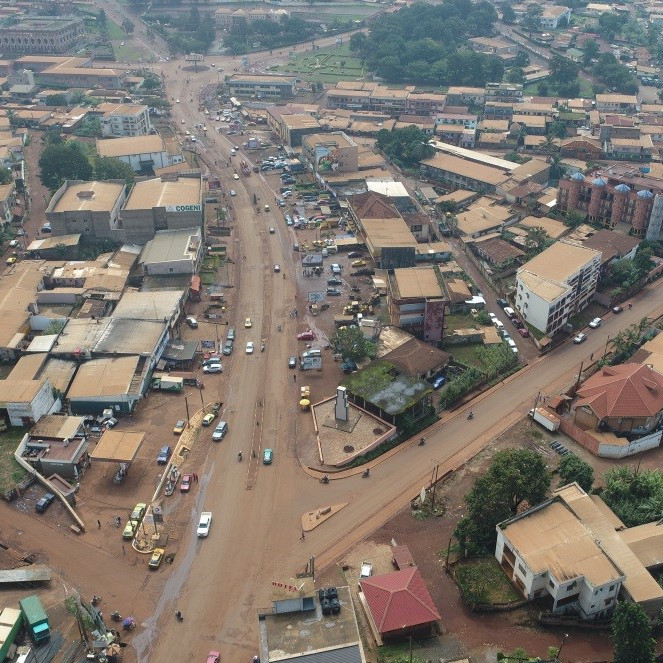
26 élèves surpris en train de tourner un film osé à Bafoussam
- 30 April 2015
- /
- 1004367

Brenda biya sème la terreur en boîte de nuit à Yaoundé
- 15 July 2015
- /
- 543394

Menacée de mort par sa famille car elle est lesbienne
- 03 March 2016
- /
- 428075

Oyom-Abang : une femme marche nue à Yaoundé VII
- 09 July 2015
- /
- 382648

LE DéBAT




Afrique : Quel droit à l'image pour les défunts au Cameroun ?
- 17 December 2017
- /
- 196720

Vidéo de la semaine
évènement
